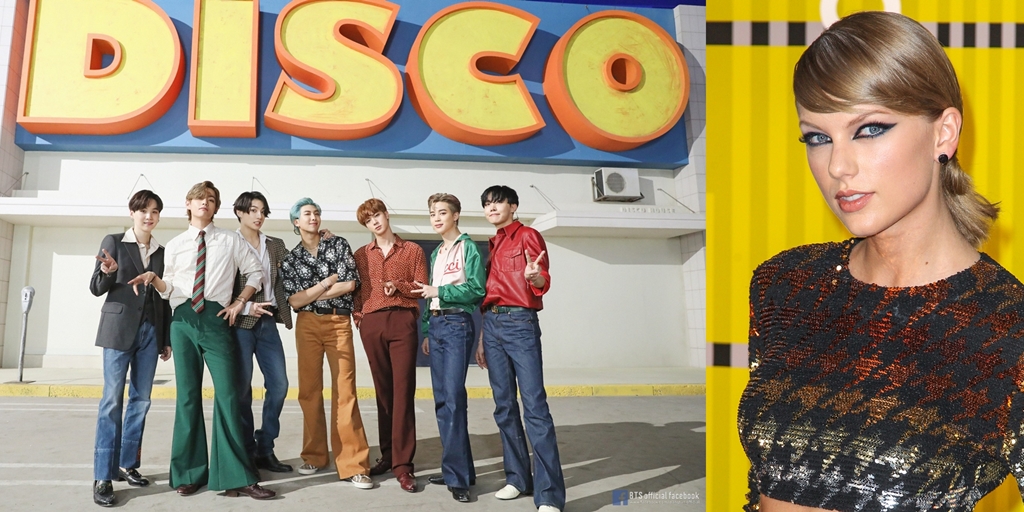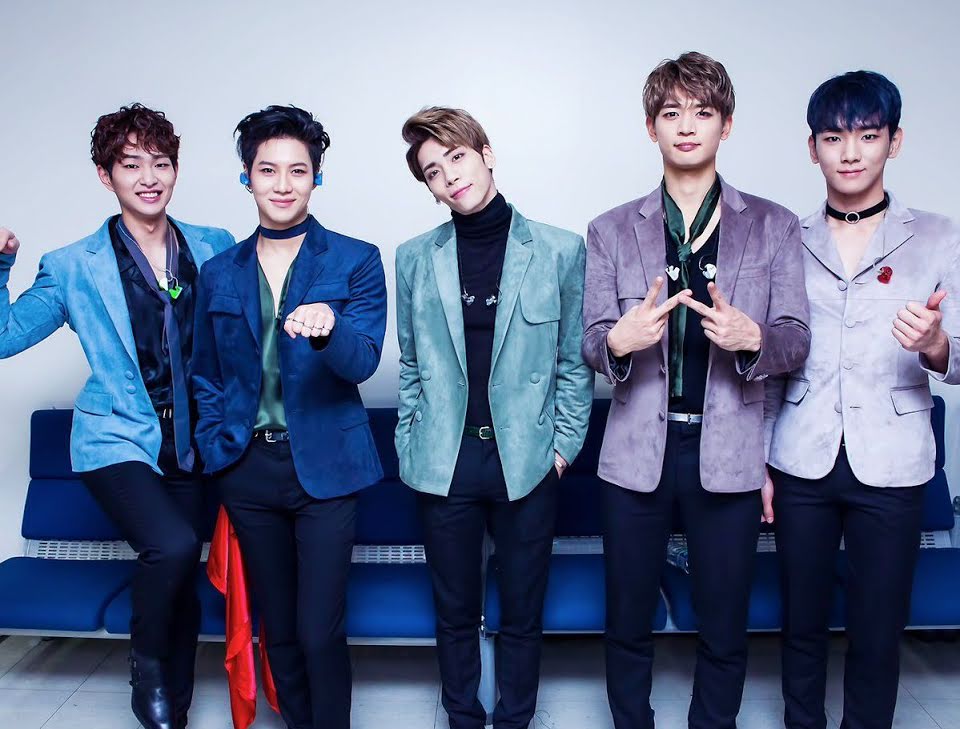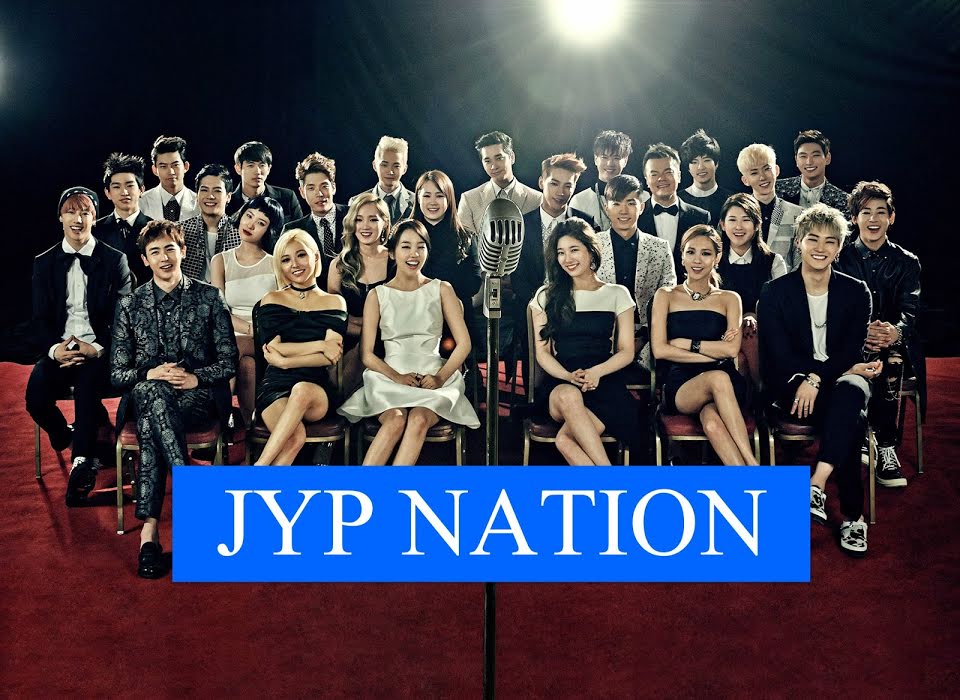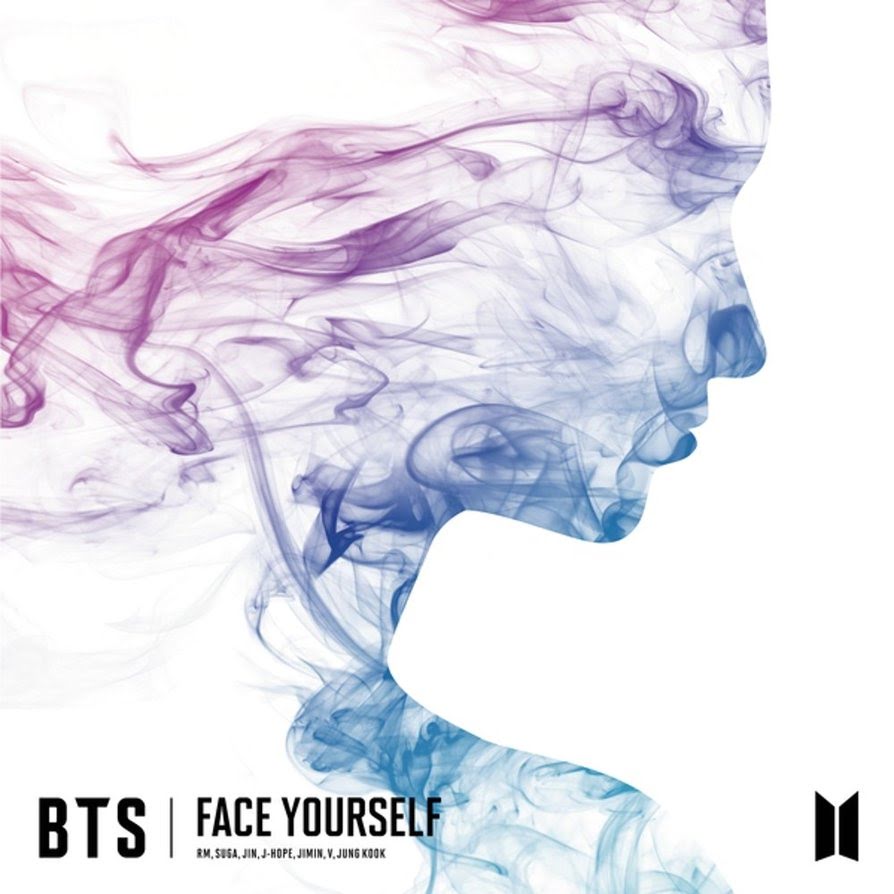Throwback 2020: 20 K-Pop Idols Who Shined the Most in 2020: Jimin BTS, Karina aespa, Hyunjin Stray Kids, and Lisa BLACKPINK!
Here are a series of idols who shined the most in 2020, who are they?

Kapanlagi.com - As time goes by, K-Pop is becoming widely known by the international community. Although language in music often remains a distinguishing factor, it does not hinder fans from enjoying K-Pop music.
This is proven by the increasing expansion of K-Pop idols into the global music market, especially in the United States. Although not all of them succeed, it is interesting to explore what actually differentiates K-Pop and American Pop?
Here are the fundamental differences between K-Pop and American Pop that can shock laypeople.

credit via JYP Entertainment
In America, labels usually choose someone who is considered talented in music. They are then given various training to improve their abilities as professional singers, along with the audition process or signing a collaboration contract. In fact, many of the trainings are funded privately.
On the other hand, the selection process in K-Pop is much more complicated. Agencies or labels may choose someone to debut as a K-Pop idol. For example, Jin from BTS was offered an audition on the street because of his appearance. K-Pop idol candidates can also be chosen from overseas to build global popularity. Take for example Lay from EXO from China, Momo from TWICE from Japan, and Bambang from GOT7 from Thailand.

credit: as tagged
American Pop never applies standard rules for training systems. For example, Spice Girls and Backstreet Boys, who were popular in the 90s, were formed through auditions and debuted 1-2 years later.
In K-Pop, the debut system tends to be longer. Many trainees or K-Pop idol candidates undergo training for years. Moreover, the competition among trainees in the K-Pop industry is very high, so the certainty of debut is very low. Take for example Jihyo from TWICE, who had to go through 10 years of trainee period before finally debuting.

credit via SM Entertainment
In the American music industry, exceptional vocal ability is a must-have asset for aspiring professional singers. On the other hand, dancing and acting are considered additional skills, sometimes not even necessary.
In K-Pop, having singing talent alone is not enough to debut as an idol. Long trainee periods are spent honing various singing abilities, including rap and acting. It's no wonder that in K-Pop, many idols or singers also double as hosts or actors and actresses.

credit via Big Hit Entertainment
The career period of K-Pop idols tends to be short-lived. Rarely do they last more than 7 years if they are not truly successful. This is why trainees are chosen from their teenage years and developed with multiple abilities, so that when they no longer have a career as idols, they can continue their careers according to their respective talents.
On the other hand, in American Pop, age is just a number. They can have lifelong careers as musicians. Take Madonna, for example, who became famous in the 80s and is still actively involved in the music industry at almost 60 years old. There are no signs of retirement or career changes. This is also influenced by differences in regulations, trends, and culture within the entertainment industry in each country.

credit via Big Hit Entertainment
Musicians in American Pop demonstrate their uniqueness and originality in their work by writing their own songs. Most singers also write songs. If not, they usually contribute ideas in the songwriting process. In addition, most songs in American Pop depict life experiences or personal issues.
In K-Pop, songs are prepared by producers appointed by the label. This is because since their trainee days, the emphasis on idols is singing and dancing. Nevertheless, there are many K-Pop idols who write their own songs from their debut, like BTS.

credit via koreaboo
In K-Pop, the relationship between artists or idols and the label or agency is very close. It is so close that the family-like atmosphere among artists within the same label is very apparent. In fact, music labels in the Korean entertainment industry have become like brands. Even fans idolize K-Pop idol labels.
Such a situation is rarely seen in music labels in America. Not only do they fail to show a family-like atmosphere among their artists, but sometimes there are also artists who sue their labels in American Pop due to perceived unfair profit-sharing arrangements.

credit via Big Hit Entertainment
Most of the languages used in albums released by labels in American Pop are English. Sometimes, they are also in Spanish. Rarely do music labels release albums in multiple languages for international promotion.
Meanwhile, in K-Pop, albums released in Korean may also be released in foreign languages such as Chinese, Japanese, and others, for promotion in those countries. This is because there are many languages in Asia compared to America, and also to attract more fans. For example, BTS's album Face Yourself is the Japanese version of the Love Yourself trilogy in Korean.
Those are some of the differences between K-Pop and American Pop that might shock non-fans or laypeople when they find out the facts. What do you think, KLovers?
(kly/tmi)
Cobain For You Page (FYP) Yang kamu suka ada di sini,
lihat isinya
Here are a series of idols who shined the most in 2020, who are they?
These K-Pop idols are lucky to have achieved popularity and fame after going through a very long trainee period.
Here are the visual portraits of BTS members from the recently released photoshoot by D Icon Magazine. Curious?
Here is a list of Idols who love to eat, who are they?
Here are some interesting new facts about V BTS in 2020. What are they?
BTS showcases their handsome visual attack that successfully makes fans heartbroken in a photoshoot session with D Icon Magazine owned by Dispatch. Let's take a look at the duality of each member.
V BTS fans celebrate their idol's 25th birthday in an unusual way. This year, they raised funds to adopt a wolf!
Here are a series of male idols who look more sexy when pulling their hair back. Who are they?
During this pandemic, BTS has achieved many international successes.
Here are a series of handsome male idols who have visuals like anime characters. Who are they?
Here are some interesting new facts about Jungkook BTS. Curious to know what they are?
Who do you think made the most profit this year?